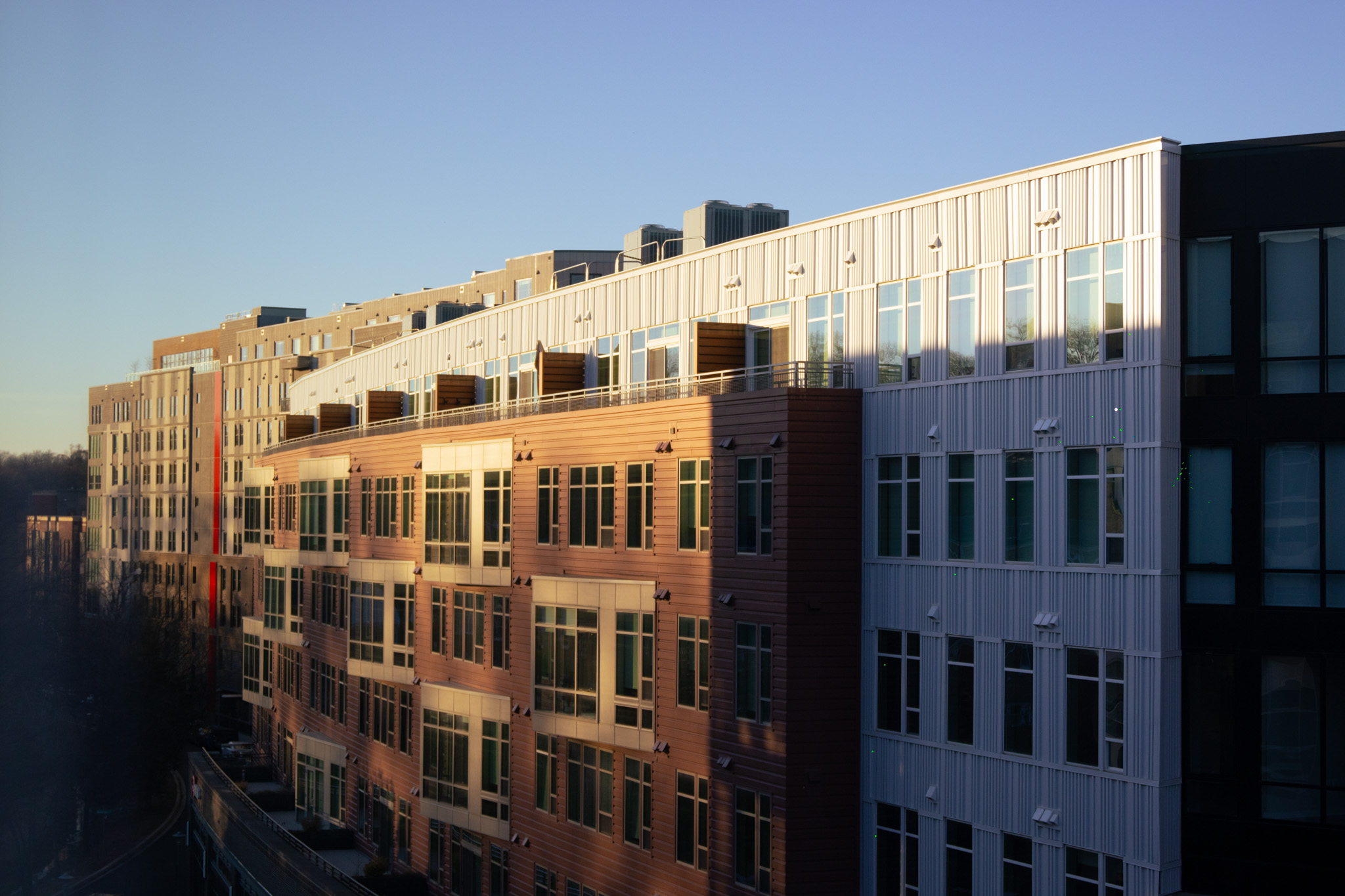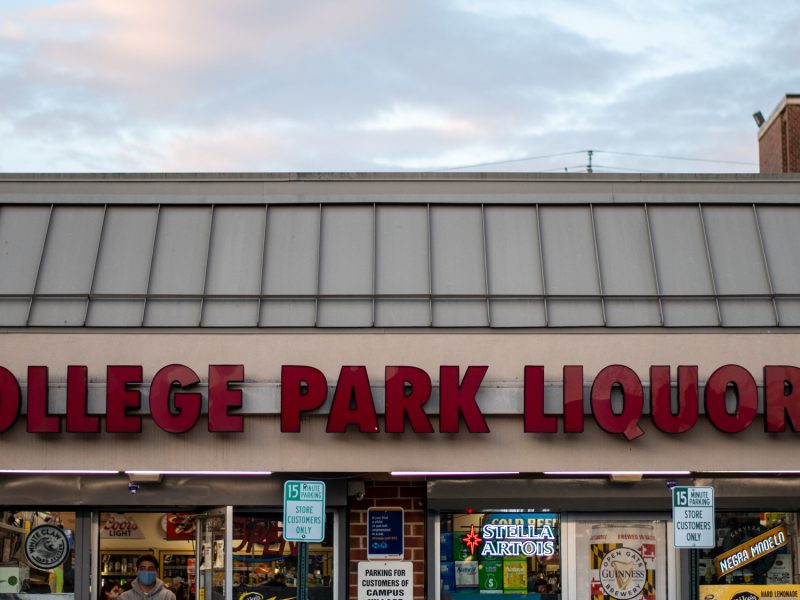Disclaimer: Current student liaison Dhruvak Mirani is a former Diamondback opinion columnist.
City and University of Maryland SGA officials are enthusiastic about a student rent subsidy pilot program that could grant about 150 students a $1,500 subsidy by June, but some residents are concerned about the program’s timeline and viability.
College Park City Council member Stuart Adams was part of the subcommittee that configured a plan for the pilot program and is one of the program’s most ardent supporters. Adams believes the pilot program will help the city direct money to the student residents who need it instead of to developers. In the future, he hopes the city builds upon the pilot program to better support the needs of student and non-student renters.
“The intent is to create a framework that can be used for students and non-students alike,” Adams, who represents District 3, said.
The pilot program would be need-based and applicants would be required to prove that they were eligible for a federal Pell Grant in the 2023-24 academic year. They would also have to be undergraduate students enrolled full time for the fall 2024 semester at this university, have a minimum GPA of 2.00 and have a signed lease at one of the eligible off-campus apartments.
[College Park City Council discusses rent subsidy pilot program for student housing]
Students must also be willing to participate in surveys and other data collection for evaluation of the pilot program. Applicants would be chosen through a random lottery system.
The city would need data — such as GPA, Pell Grant eligibility and enrollment information — from this university to verify a student’s eligibility for the pilot program.
This university appreciates the initiative the city is taking to support students, Carlo Colella, this university’s vice president and chief administrative officer, wrote in a statement to The Diamondback. But the university is limited in the information it can provide to the city because of regulations in the Higher Education Act and the Family Educational Rights and Privacy Act.
“Although we are not able to provide the information through the method the subcommittee recommended, we have identified alternative ways for the city to obtain verification of the information if this proceeds,” Colella wrote.
The money for the pilot program comes from the three cent tax increase on commercial, apartment and industrial properties that was part of the 2024 fiscal budget. The program is expected to cost $225,000. Any property in College Park subject to the three cent tax increase will be eligible for the pilot program.
Some are concerned that the program is moving forward at too quick of a pace without enough feedback from residents.
“A significant amount of discussion needs to be had in a back and forth,” subcommittee member and District 1 council member Jacob Hernandez said. “The way the presentation has come to the council feels like a lot of folks didn’t have the opportunity to really weigh in and address questions.”
District 1 resident Brian Roan agrees that the council has not allowed for there to be enough dialogue from residents about the program.
Roan also feels the city is not well-prepared to expand the pilot program in the future.
“Every answer they have to a question that has been posed about the economic feasibility or impact is, ‘This is a pilot program,’” Roan said. “It doesn’t seem like they’re thinking about what happens next if they like it and decide to put it into a non-pilot program.”
Dhruvak Mirani, another member of the subcommittee and this university’s Student Government Association student liaison, said that the feedback from undergraduate students he’s gotten within the past few months has been overwhelmingly positive. Students understand the impact a subsidy would make, especially for those in financial need, Mirani said.
[College Park City Council delays decision on forming vacancy tax subcommittee]
The pilot program does not include graduate students, which is a concern for Graduate Student Government president Autumn Perkey.
Both Adams and Mirani said they have been in contact with Perkey, but Perkey feels that graduate students have become a non-factor in discussions behind the pilot program so far.
“The vibe that I was given is … it’s too difficult to determine if [graduate students are] eligible or not,” Perkey said. The pilot program is just going to be for undergraduate students because it’s easy to determine their eligibility, she explained.
District 1 resident Donald Hays believes the pilot program will stimulate demand for nicer apartments and lead to increased rent costs for other students and residents.
In a presentation last Tuesday, the subcommittee said that data would be collected to explore any of the pilot program’s impacts on the city’s housing market, but that the program is only expected to affect less than five percent of the market.
Hays also believes that the university also holds responsibility in addressing student housing concerns.
“Housing prices are high for the University of Maryland students because there is not enough supply, and that falls not just on the city,” Hays said.



